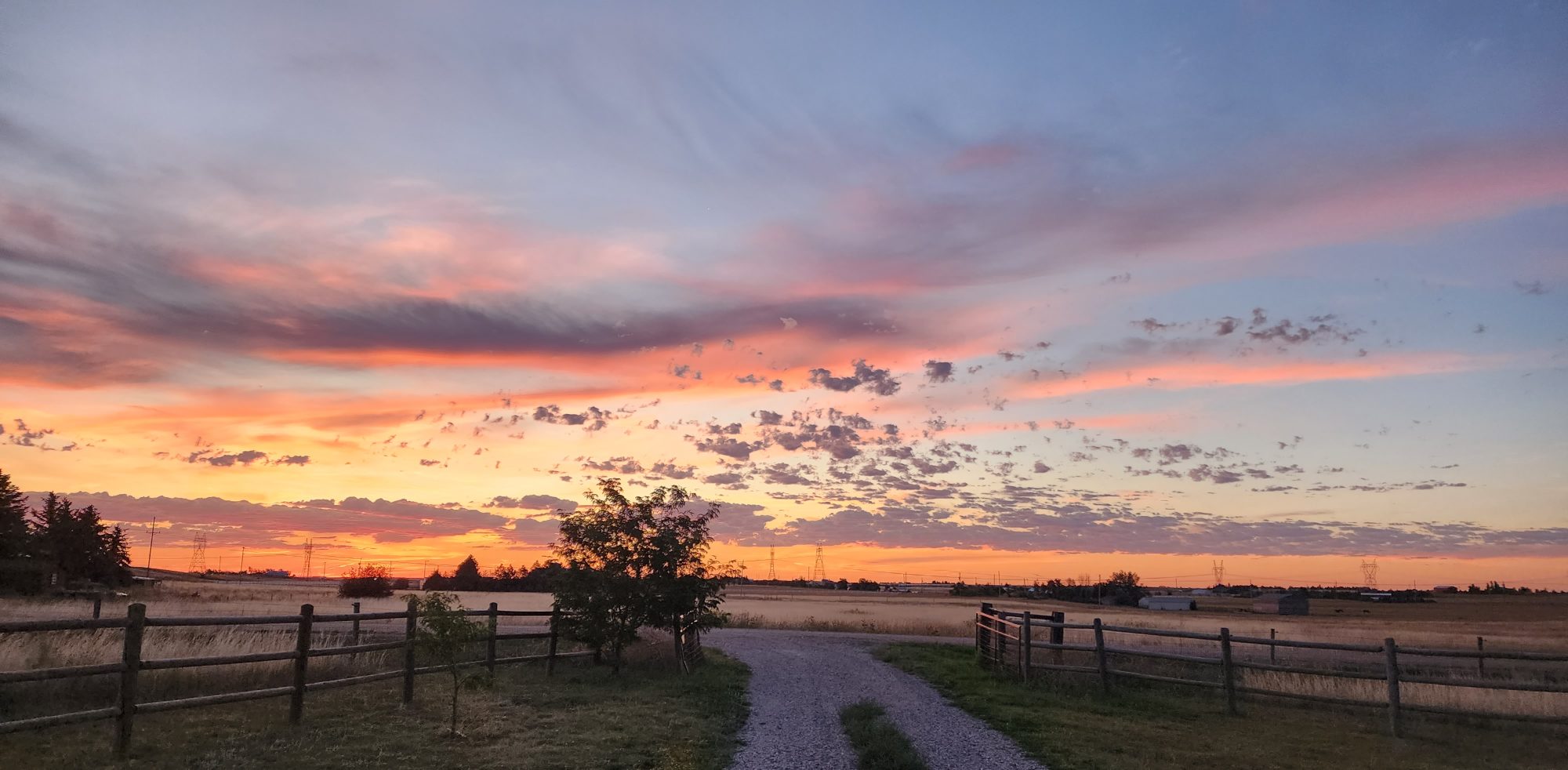Summary of passage: God calls Abraham to sacrifice his only son, Isaac as a burnt offering in the mountains of Moriah. So Abraham faithfully takes Isaac to where God calls him, bounds his son, and prepares to kill him. On the journey, Abraham tells Isaac that God will provide the burnt offering.
An angel of the Lord stopped Abraham before he killed Isaac, saying he has proved he fears God because he didn’t withhold his son from Him. God provided a ram instead to sacrifice. The angel says because of Abraham’s faithfulness the Lord will bless him and make his descendants as numerous as the stars and will rule over the cities of their enemies.
All nations on earth will be blessed because of Abraham’s obedience. Then Abraham went to Beersheba.
Questions:
6a) In Verse 2, God acknowledges how much Abraham loves his son when He says, “whom you love” and we all know you can’t hide anything from God so I would wager it was obvious how much Isaac meant to Abraham. Abraham assured Isaac God would provide the sacrifice (verse 8) so he was confident this would all work out in the end.
And at any time Isaac could have run away once he realized what was happening but he didn’t. So he trusted his father and God to know this would turn out alright.
b) Both Isaac and Jesus willingly offer up their own life under Free Will for the Father. They obey Him and trust in Him and His ways and plans. Both accept the lot God has chosen for their earthly lives and do not fight it. God is first in their lives and their actions prove so.
7a) Solomon built the temple of the Lord on Mount Moriah where the Lord had appeared to his father David. It was on the threshing floor of Araunah the Jebusite, the place provided by David. David built the altar so the Lord would stop the plague on Israel, which the Lord sent as punishment for David’s disobedience when he counted the fighting men (or conducted a census) in Israel and Judah.
b) The simple answer: Through Christ’s death and resurrection where he bore our sins so we may be right before God.
Because of Abraham’s obedience and faith and his willingness to sacrifice his only son we were all blessed by God and included in His plan for salvation through Jesus Christ. God loved us so much He sent his Son as an atoning sacrifice for our sins. We should all be assured of God’s love for us at the magnitude of this sacrifice.
Conclusions: Gee, wouldn’t it be nice if all nations were blessed because of my obedience? I thought. Then I realized they are. Because everything we do affects others. It may not be as monumental as having all nations blessed because of our actions, which allowed the Gentiles to be included in God’s covenant but it’s significant nonetheless.
When we obey God and fulfill His purpose for us here on earth, God is pleased and our rewards are multiplied in heaven.
It is still hard to grasp God’s love even though God uses the strongest love we humans have–that for our children–as His comparison. God’s love is greater which is hard to imagine. But we get the idea. As most of us would fail the child sacrifice test, we can understand just a bit how much God gave when He gave his only Son.
Other parallels with Isaac and Jesus: Both carried wood up the hill to their imminent death. Both were sacrificed on the same hill. Both were risen again after three days. We see this in Isaac because God pronounced Isaac dead when He told Abraham to sacrifice him. On the third day (verse 4) Isaac rose again when God interceded for him. Cool, huh?
Explanation on 2 Samuel 24:10-25: This was one of those passages you had to read the whole chapter of 2 Samuel 24 to understand what is going on here. And THEN you still had to know the history to understand (which I, of course, was too curious not to look up). Because I was thinking, “What’s so wrong with a census? We do that every 10 years?”
Exodus 30:12 states: The Lord tells Moses, “When you take a census of the Israelites to count them, each one must pay the Lord a ransom for his life at the time he is counted. Then no plague will come on them when you number them.”
In ancient times you only had the right to count what was yours. This is what God is saying. The people are His and only He had the right to order a count and even then ransom money had to be paid to atone for the counting.
Here, David directly disobeys God (which many scholars attribute to the devil’s influence on David who tempted him), lets pride creep in as he thinks some of the reason Israel has prospered is due to him and not God, and ordered a census to be taken without asking God.
Thus, in God’s infinite mercy, He ordered David to build this altar on Mount Moriah to atone for his sin of the census and spare some of God’s people (specifically Jerusalem) the plague.
